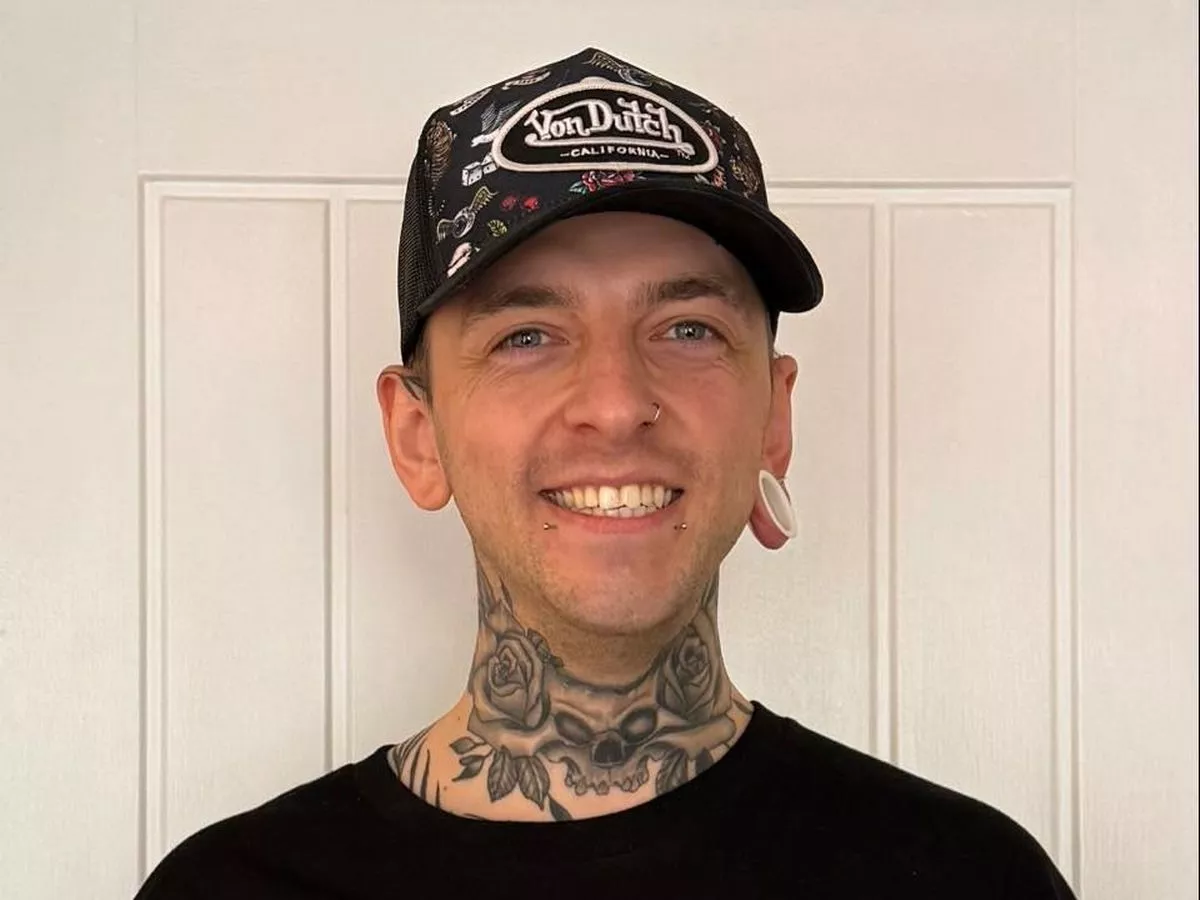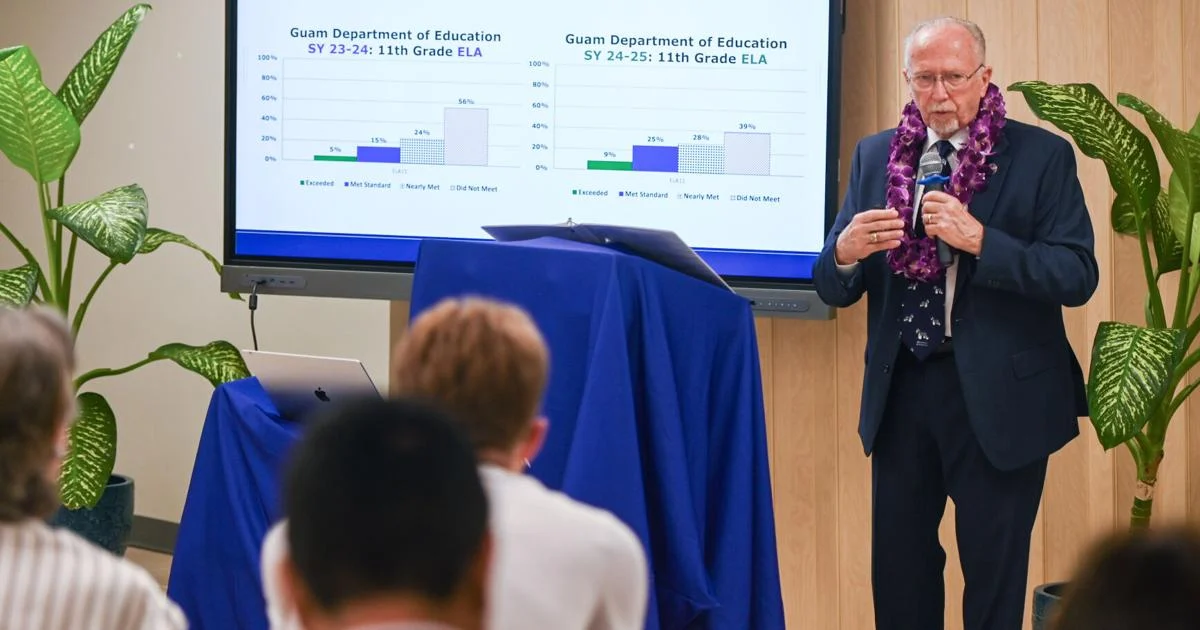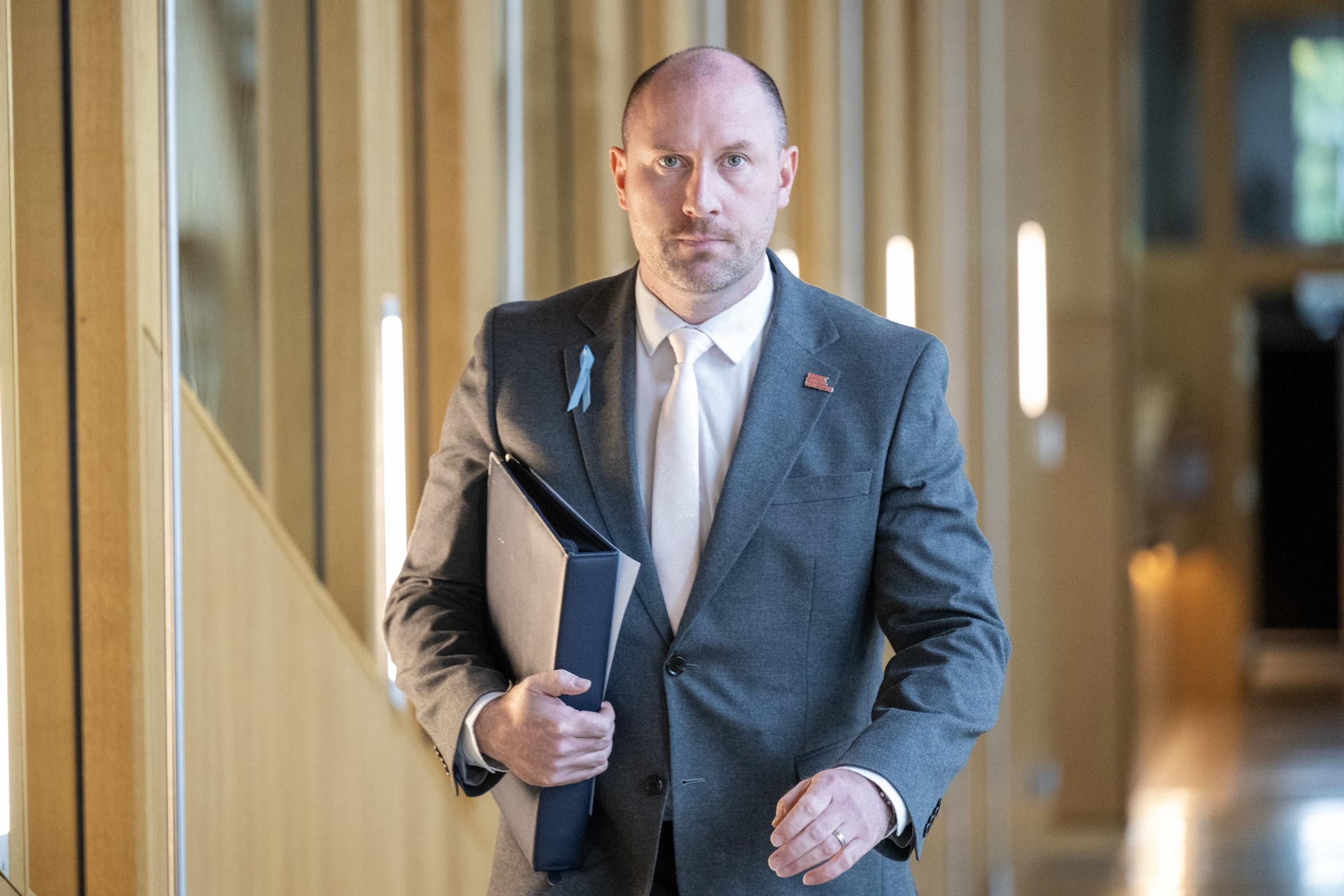Copyright walesonline

On Christmas Day 2021, Aaron Davies, then 28, set out about his day like he would any other. He picked up whatever bottle of alcohol he had within reach and kept drinking until it knocked him out. However, unbeknownst to him at the time, this time would be very different and his life was about to change forever. Aaron was left passed out in his room for days, and seriously unwell, with nobody coming to check on him. The last thing he remembers before passing out was that he was drinking pink gin and watching Doctor Sleep. From that point on, about a week of Aaron's life would disappear from his memory. "I don’t remember anything until about a week after," Aaron, now 31, said. "My first thought was, ‘Is this a really bad hangover?’ I thought, ‘I can’t wait to go out for New Year’s Eve and party’ but it had already passed. I felt incredibly dizzy, like I was constantly on the waltzers." What he didn't realise at the time was that on Christmas Day, he had suffered a life-changing stroke brought on by the effects of alcoholism. "It happened because I was a massive alcoholic," he said. "I would be drinking stupid amounts everyday from the second I woke up until the alcohol knocked me out - that was the cycle." Aaron, who is from Aberdare, explained that he became an alcoholic at the age of 23 or 24. "I started drinking quite late - when I was about 18 - and I never struggled with it but by the time I was about 23/24, I was an alcoholic. I don’t know why or how it happened. "It definitely affected my mental health, thinking I was just completely useless. It caused me to not be able to hold a job down because I’d get paid and straight away would be thinking ‘I’ll blow the lot on alcohol’. Then I would be too hungover to go into work so I’d get sacked." Aaron was left alone in his room for two days after suffering the stroke, alone and not aware of what was happening. Stay informed on the latest health news by signing up to our newsletter here "I got found on the 27th December, because my mother came to the house as I wasn’t answering any messages. It was lucky she did, because I would be dead now if she didn’t." Although all he remembers from the week after he suffered the stroke is his mum screaming when she arrived, he's since been told that the paramedics were stunned he was still alive when they arrived. Aaron was taken to Prince Charles Hospital in Merthyr, but it would be a month before he found out he'd suffered a stroke. "I was so unwell that the doctors told me later I wouldn’t have been able to take it in if they had told me any earlier." He was told that excessive amounts of alcohol had caused a blood clot in the cerebellum, a part of the brain at the back of the skull that is responsible for co-ordinating voluntary movements, including balance and walking. The effects of Aaron's stroke were serious. He spent three months in hospital and has had to relearn how to talk and walk. "For me, my speech was badly affected," he said. "I couldn’t say basic things to people and that was extremely frustrating - not even being able to ask for some drink or food. In terms of my mobility, I lost any independence. "I couldn’t go out without my mother because I used to be in a wheelchair so I had to rely on others to push me around. But over the last year and a half, I've been able to go out most weekends on my own with a walker or walking stick." He said it was incredibly frustrating to feel like he had the strength to do things, but due to his balance and coordination struggles, he wasn't able to. "Since my stroke, I feel like I could still run all day but I just physically can’t do it," he explained. However, while he is physically slower and has to work hard to make progress with his recovery, Aaron said he now saw his stroke as a "blessing in disguise". "For the first year or so I felt like I was a burden to my family. I felt useless and people would talk about me like I was, but I've come on massively. Before my stroke, I thought about taking my own life every single day without fail but after my stroke, not once. "My life now is so much better than it was before." Using a walker or walking stick, he now visits Aberdare town centre every weekend independently. Despite only having two tattoos prior to his stroke, Aaron is now covered in ink and travels to Cardiff each month for a tattoo. He explained that the tattoos were a physical sign of his recovery, as he always "loved the thought of being covered in tattoos" but would previously spend any money he had on buying alcohol. Opening about his recovery from alcoholism after the stroke, Aaron said he "didn't think about it once." "That aspect of my life has completely gone and some people don’t believe me, but I know for a fact that it will never come back. I’ve got too much of an addictive personality and considering I nearly died, it’d be way too risky. For how far I’ve come and improved, it’s really not worth it." A huge part of Aaron's recovery has been sharing his journey with others. He's set up a TikTok page, called @whatstroke, where people can follow his journey and recovery. He shares monthly videos which show how his speech has gradually improved, as well as videos showing the at-home workouts he does with kettle bells and a crossfit machine. "I want people to see that it's possible," he said. He hopes that sharing his story with others will help him to achieve his eventual goal of becoming a motivational speaker. Another big change since Aaron suffered a stroke has been discovering the power of peer support. "Attending the Stroke Support Group helped me understand how stroke affects different people," he said. "It also helped me realise how serious my own stroke was. "I like getting out too - for social reasons. Since my stroke, one of the biggest things for me has been loneliness, because I’m alone pretty much all day everyday so it’s nice to get out and see other people. "The more groups, the better," he said. "Otherwise, I’m like mashed potato locked in my room." As well as stroke support groups, one of the key spaces that has helped Aaron rebuild is the local Men's Group in Aberdare , which meets weekly at the local fire station. The format is simple: peer support in a relaxed, open setting. "There are no set questions, no pressure to take turns, and no expectation to speak," Aaron explained. "We let the conversation flow naturally, usually starting with something gentle like ‘How’s everyone’s week been?’" The group operates on three powerful principles: No Pressure. No Judgement. No Stigma. Aaron describes the men in the group as his closest allies in recovery. "They’re the ones I trust. Before my stroke, all of my friends were drinkers and they’re not around anymore. "Now, the people in the group are what I call my friends. They are there for me. They support me and I trust them. I don’t know what I would have done without them. And now I want to give back. That’s why I go, I want to be there for others who are going through it." Almost four years on from his stroke, Aaron decided that he would set himself a huge challenge, not only as a personal milestone, but also to raise money and awareness for the Stroke Association and Let’s Talk Men’s Mental Health. You can read more about this and donate to Aaron's fundraiser here. At the end of September, Aaron successfully climbed Pen y Fan. He said: "I was aware on the day that I simply shouldn’t be on the top of Pen Y Fan. I should have either been dead, or not able to walk, which is what doctors told me. Four years ago I would never have thought I’d be there." While Aaron was happy to defeat all odds and achieve the goal, he has already set his sights on an even bigger climb - Snowdon. "It was nice to actually achieve it. When I did it I really felt like ‘ok, let’s do the next’," he said.



